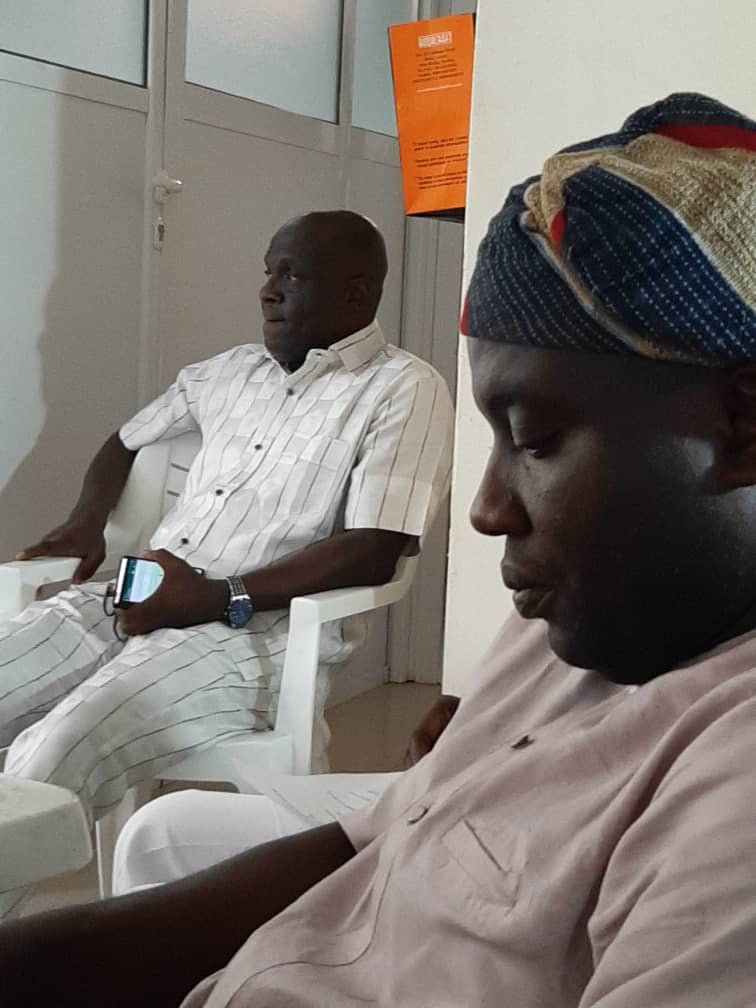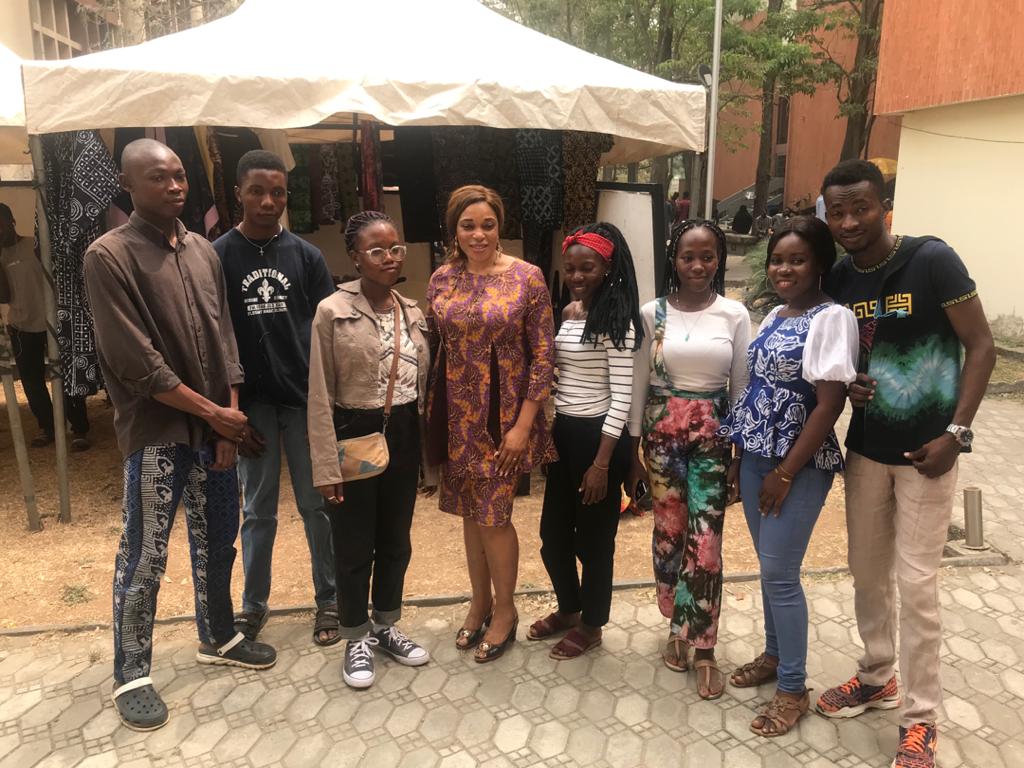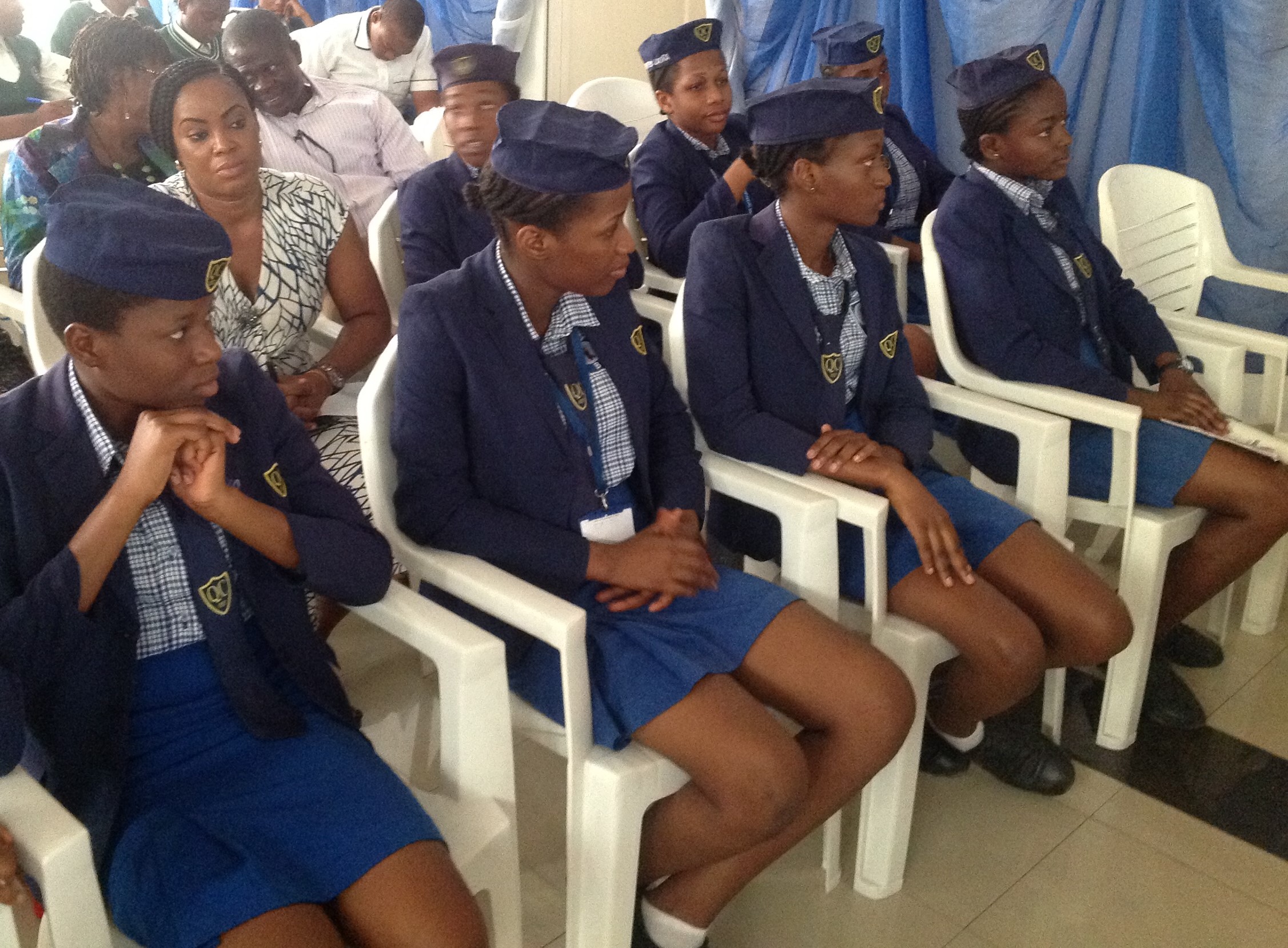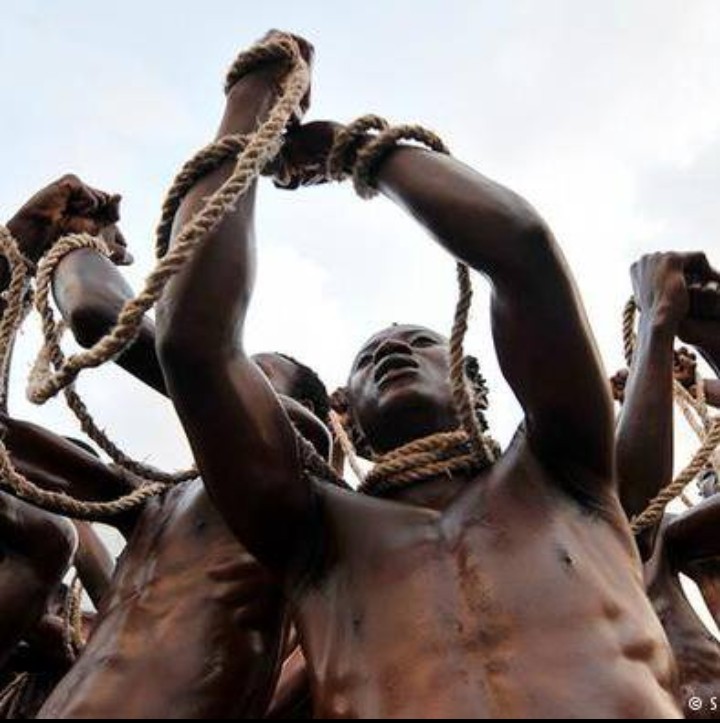2023 BLACK HISTORY MONTH
Goodness Udoh of International School, University of Lagos emerged winner of the 2023 black history month essay competition on February 27, 2023. It is interesting to know that this is the first time the first prize is going to the school since Inception of the various competitions organised by the Institute of African and Diaspora studies to celebrate the black history month.
The Second prize goes to Oluwafemi Talabi of Dansol High School, Ogba while Elizabeth Adebi of Queens’ College, Lagos came third in the essay competition.



The title of the essay is “Exploring the forms and impacts of youth resistance in Nigeria”. Please find the winner’s essay below.
EXPLORING THE FORMS AND IMPACT OF YOUTH RESISTANCE IN NIGERIA
Ever since Nigeria gained her independence in 1960, even before then till date, she has grappled under several kinds of oppression. Nigeria has experienced cruel governance, police brutality to her citizens, religious and tribal conflicts to mention but a few. Despite all of these, Nigeria still stands as a nation. One would wonder how this is possible considering everything Nigeria has faced. Nigeria is still standing today because her counterparts, precisely the youths have strongly opposed these nefarious occurrences. In the following paragraphs, I am going to be analyzing the various ways Nigerian youths have resisted oppression of any kind, and the effect of this resistance on Nigeria.
Nigerian youths have used several methods to overtly and covertly defy and oppose policies and evil occurrences in Nigeria. The most popular medium used by majority of youths in Nigeria to achieve this purpose is the social media. Most, if not all, of the youths in this nation have smart phones and have access to all the social media handles on the phones. Youths take to Twitter, Instagram, Facebook, Whatsapp etc. to air their views concerning happenings in the country they consider bad. They also make use of these social media handles to rub minds together on how best to make the government know of their displeasure concerning certain issues. An example is the reaction of youths to the brutal murder of a student from Dowen College a few years ago. The youths did not take the situation lying down. They took to social media asking for justice from the government. Infact, the intensity with which the youths circulated posts and hashtags about his death was so much,that on opening one of your social media handles one would see a post similar to ‘Justice for Sylvester Oromoni’. This way, Nigerians opposed the brutal murder of the student and even sought for justice for him.
Another example is the reaction of youths to the Academic Staff Union of Universities (ASUU) strike. Nigerian youths bombarded the social media handles especially Twitter, with their displeasure when the indefinite strike was announced. Since the strike has cost the youths time, they refused to experience such delay again, so they took to social media to beg the government and ASUU to negotiate so that they would resume school in earnest.
Another medium youths have employed to express their resistance to bad occurrences in Nigeria is by mass action. When Nigerian youths feel they are being ignored, they resolve to protests which may be peaceful or violent. The youths organize themselves into large groups to protest against bad governance, police brutality and so on. They may choose peacefully carry placards and cardboards on which what they may choose to cover large distances while protesting or they may decide to surround government buildings to express their disapproval. Either way, they are opposing the policies or happenings which they do not support.
The aggressive ones among the youths usually resort to destruction and vandalism of government properties to communicate their displeasure. This is a violent form of protest which may result in clashes and killings.
A very popular example is the’END SARS’ protest. The youths in their numbers mobilized themselves to express their displeasure in form of protests. They blocked major roads to prevent cars from passing carried placards, cardboards and barriers with ‘END SARS’ written boldly on them and even went to the extent of burning government properties. They used this method to openly resist the activities of ‘SARS’.
The opposition of youth to government activities, policies and everyday happenings did not go unnoticed by the government. Infact, it had a huge effect on them. The government reacted both negatively and positively to the resistance put up by the youths.
The government’s negative reaction might be silence. They might decide not to do anything about it, but more often than not, the government has reacted positively to this resistance. An example is the agitation to ‘END SRAS’. The government actually reduced the power of SARS so they wouldn’t harass any person they meet on the road.
However, evil people in the government seat have seen to it that the activities of the youth is frustrated and doesn’t yield anything. This is achieved by killing them in their numbers instead of acting as a deterrent, Nigerian youths are even more encouraged to oppose anything they judge to be evil.
Another effect youth resistance has had on Nigeria is that it has awakened sleeping youths. It has made them to be aware of their rights and how to fight for them legally. More than ever, youth resistance in Nigeria has caused a widespread awareness among Nigerian youths and Nigerian s as a whole.














Recent Comments